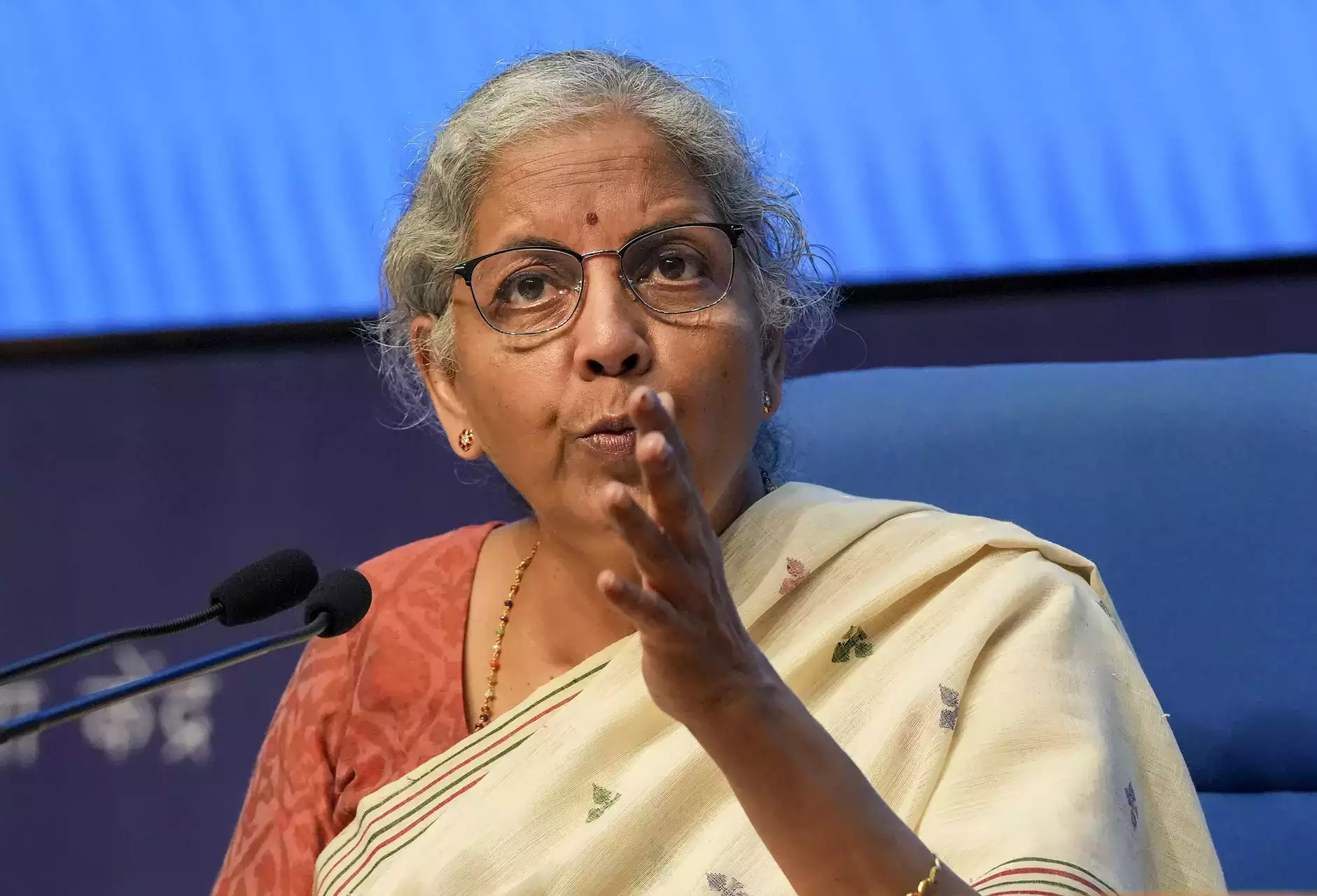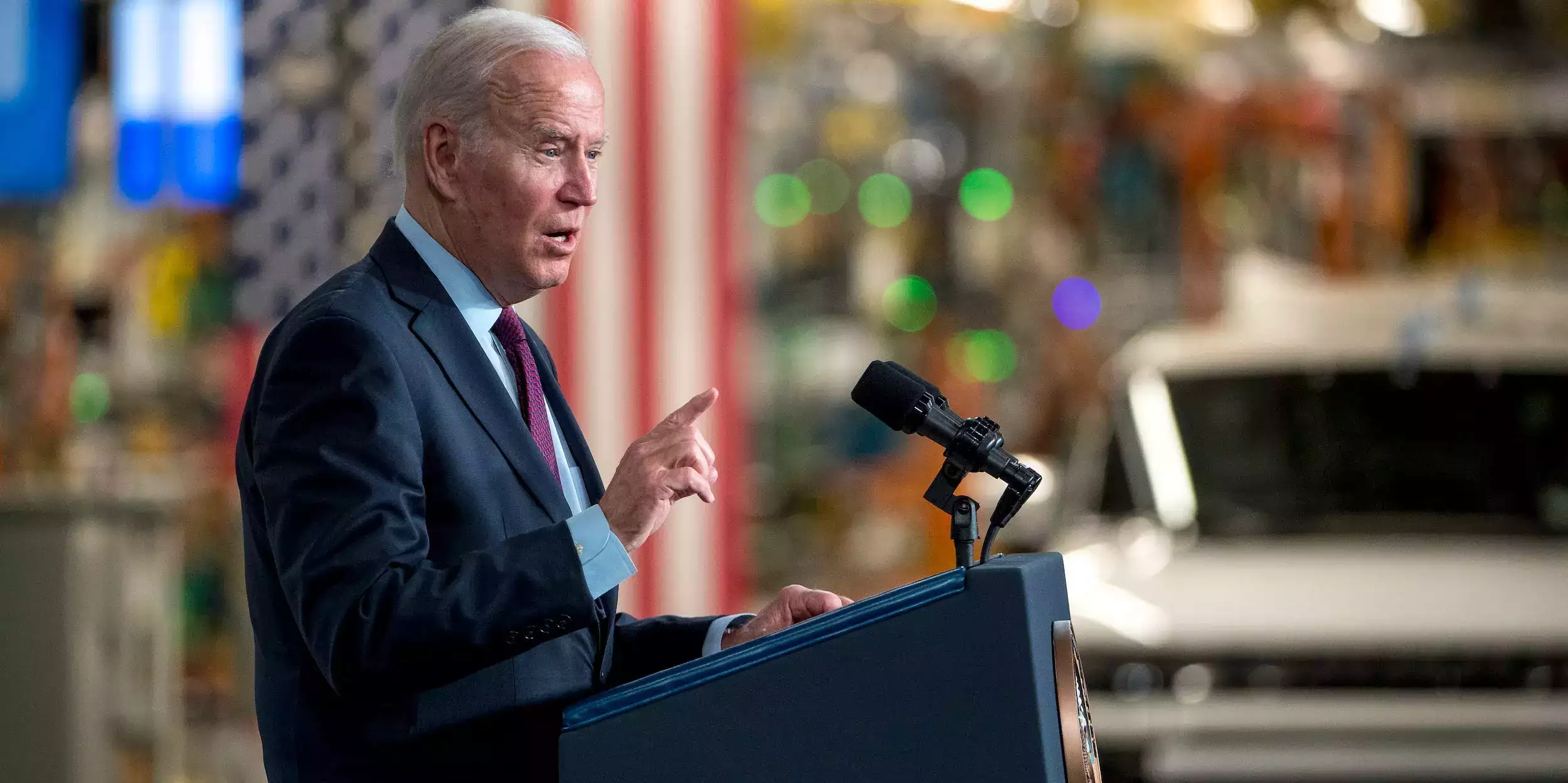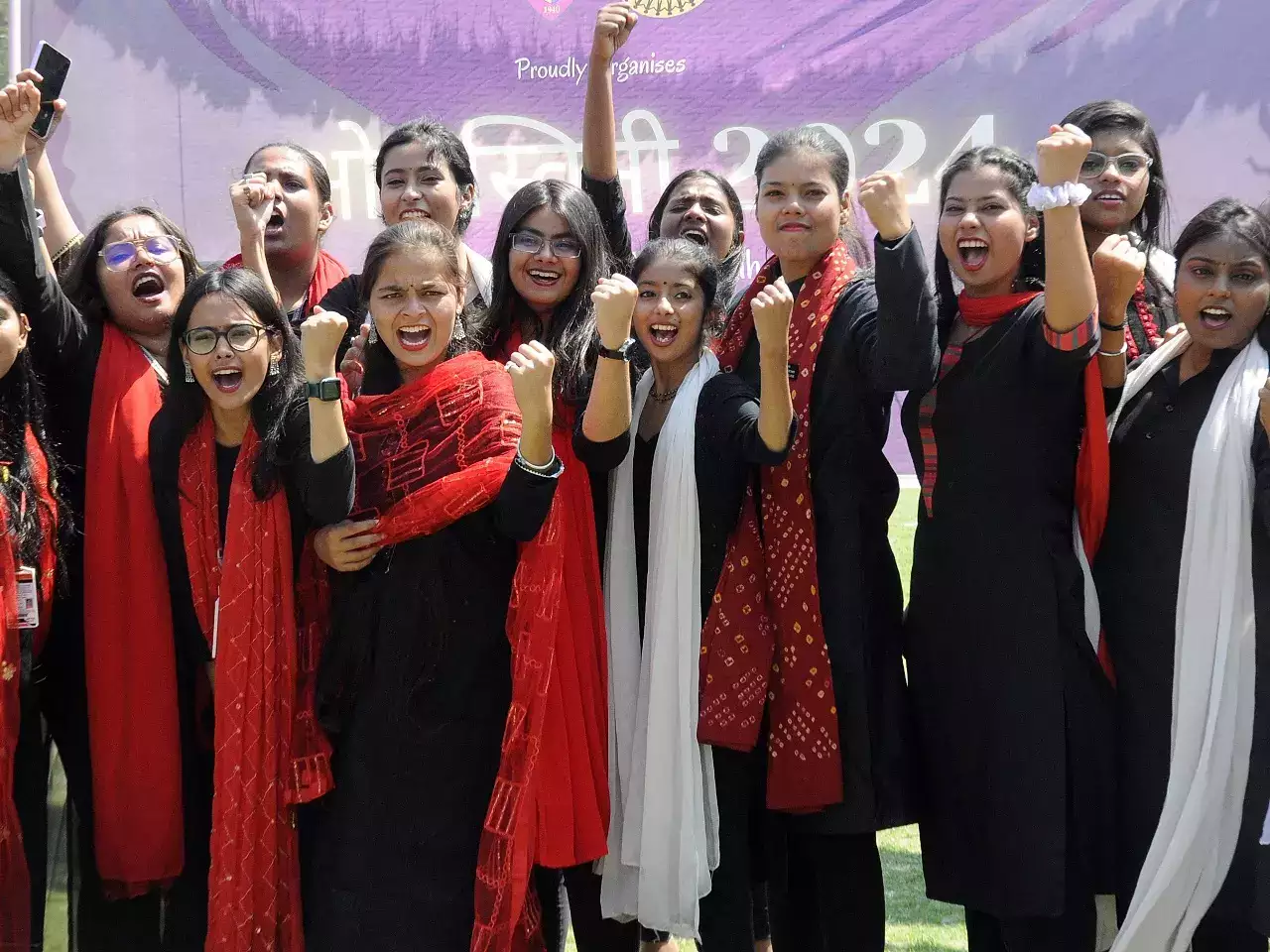Article:
India’s Finance Minister, Nirmala Sitharaman, emphasized the need for businesses to consider the impact of global terrorism when making investment decisions. Speaking at the Kautilya Economic Conclave 2023, Sitharaman stated that terrorism affects the whole world, sparing no region. She highlighted that this level of risk and uncertainty in decision-making will have a permanent effect on investments.
According to Sitharaman, businesses can no longer solely rely on attractive policies or the openness of an economy. The influence of global terror on decision-making will become a crucial factor for investors and businesses. She expressed concerns about the pessimism surrounding globalization, emphasizing the formation of new groups and alliances.
Addressing climate finance, Sitharaman stated that India has utilized its own resources to fulfill its Nationally Determined Commitments (NDCs) outlined in the Paris Agreement. However, she emphasized that developing countries may lack the financial capability for significant climate financing. She raised the question of where necessary funds would come from, particularly in a country like India, which is rapidly achieving developmental goals but still requires support for a significant population.
Turning to the energy transition, Sitharaman commented on the absence of a clear plan. Urgently addressing the need for a transition energy source, she indicated the importance of understanding the implications of climate action.
Regarding the G20 India presidency, Sitharaman highlighted the significance of the Finance Track’s agenda, which considers global implications. One of the key agenda items is the regulation of crypto assets, which holds particular importance for India’s presidency. The finance ministers of the G20 nations recently called for the swift and coordinated implementation of the G20 roadmap for handling crypto assets. This roadmap, jointly prepared by the International Monetary Fund (IMF) and Financial Stability Board (FSB), outlines strategies and regulations while considering their implications on Emerging Markets and Developing Economies (EMDEs).
Sitharaman also mentioned other agenda points, such as preparing Multilateral Development Banks (MDBs) for challenges of the 21st century, funding futuristic cities, addressing debt distress, ensuring the success of India’s Digital Public Infrastructure (DPI), and implementing the Two-Pillar solution on Taxation issues. She emphasized that each agenda point received strong support during India’s G20 presidency.
Moving forward, the IMF and FSB will provide regular updates on the progress of the G20 roadmap in future G20 meetings. This detailed and action-oriented roadmap aims to coordinate global policies and develop strategies and regulations for crypto assets.
In conclusion, Sitharaman’s address at the Kautilya Economic Conclave highlighted the importance of considering global terror’s impact on investment decisions, the challenges of climate finance in developing countries, the urgency of finding a transition energy source, and the significance of India’s G20 presidency in addressing international economic issues.

I have over 10 years of experience in the cryptocurrency industry and I have been on the list of the top authors on LinkedIn for the past 5 years. I have a wealth of knowledge to share with my readers, and my goal is to help them navigate the ever-changing world of cryptocurrencies.











